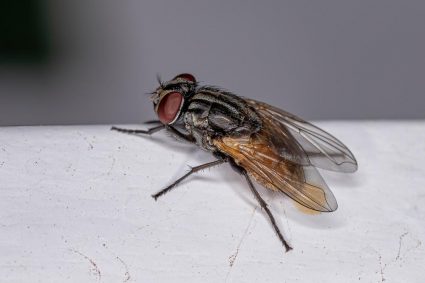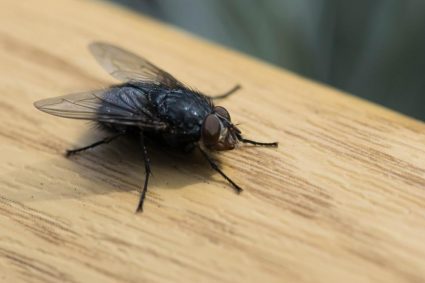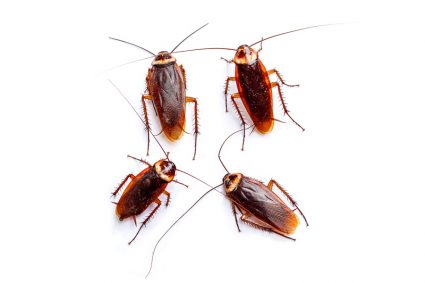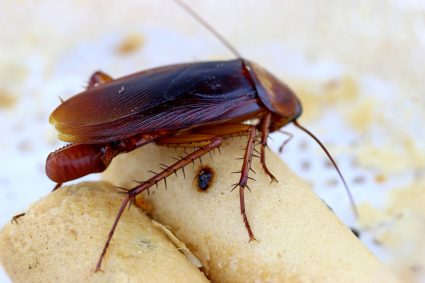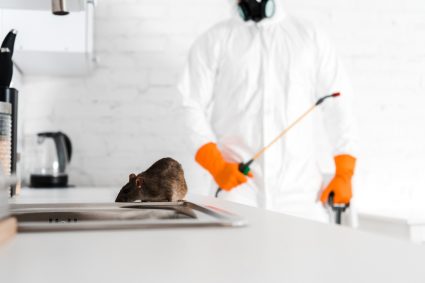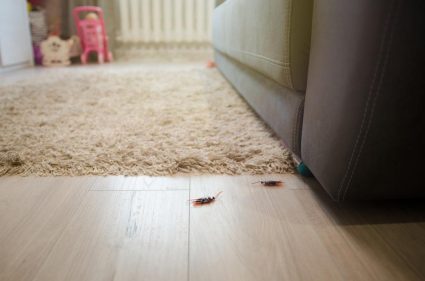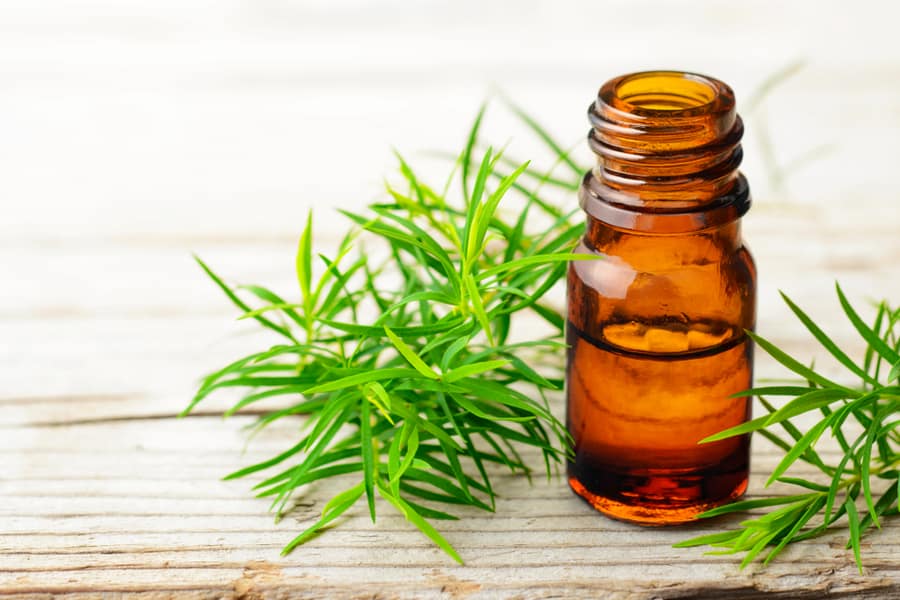
Tea tree oil has many benefits for our health. So, it’s no surprise that it is quite popular in many households as a fix for several things. And if you have a rat problem, here’s some good news. Tea tree oil is also quite handy for keeping rats away.
That pungent smell that makes everyone turn away has the same effect on rats. Rats do not like strong fragrances and are less likely to poke their nose in your business if they catch a whiff of tea tree oil.
Rats have a strong sense of smell, guiding them towards food or away from danger when necessary. Among other scents, rats hate tea tree oil.
There is no concrete evidence to show that tea tree oil causes damage to rats. However, they have been observed to steer clear of areas carrying the scent.
- Tea tree oil is quite potent so overexposure could harm children and pets.
- If your home offers food and shelter to rats, they will avoid the tea tree oil and choose new hiding spots.
- Using tea tree oil as a deterrent is only effective against a few rats, not a full-blown rat infestation.
In the following sections, we have provided seven ways to guide your application of tea tree oil in repelling rats. We have also provided more detail about how tea tree oil affects rats in the FAQ Section.
7 Ways To Use Tea Tree Oil Safely and Effectively
Tea tree oil can effectively turn a rat’s nose away from areas where you may have spread them. However, placing drops of tea tree oil will only do so much when there are several rats.
It would be much more effective when you prep your home and make it hostile for rats. That way, the tea tree scent would be more than a mere inconvenience; it would give them no place to hide and push them out.
1. Seal off All Food Items
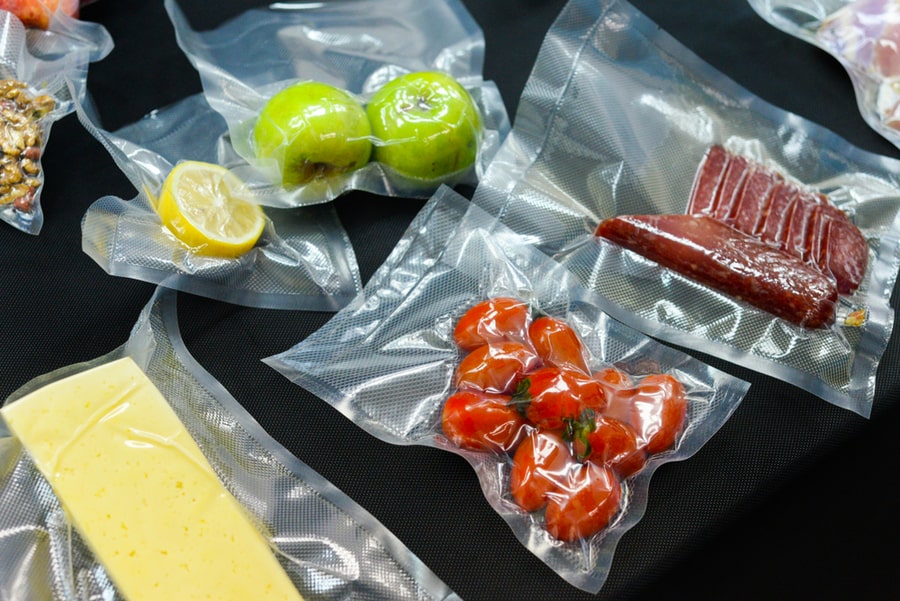
When using a spray, tea tree oil can splatter across different surfaces. In addition, its high concentration level makes it dangerous for human or animal ingestion.
So before applying tea tree oil to corners of your home or using a tea tree oil spray, you should ensure that all food items are securely covered. This keeps your food safe for consumption while ensuring that the tea tree oil spray settles on the surfaces you want to keep rats away.
At the end of the day, you want to be sure that you maximize every drop of your tea tree oil mixture. So be sure it isn’t getting into open containers that right should not be going near.
2. Clear Debris and Dirt Piles
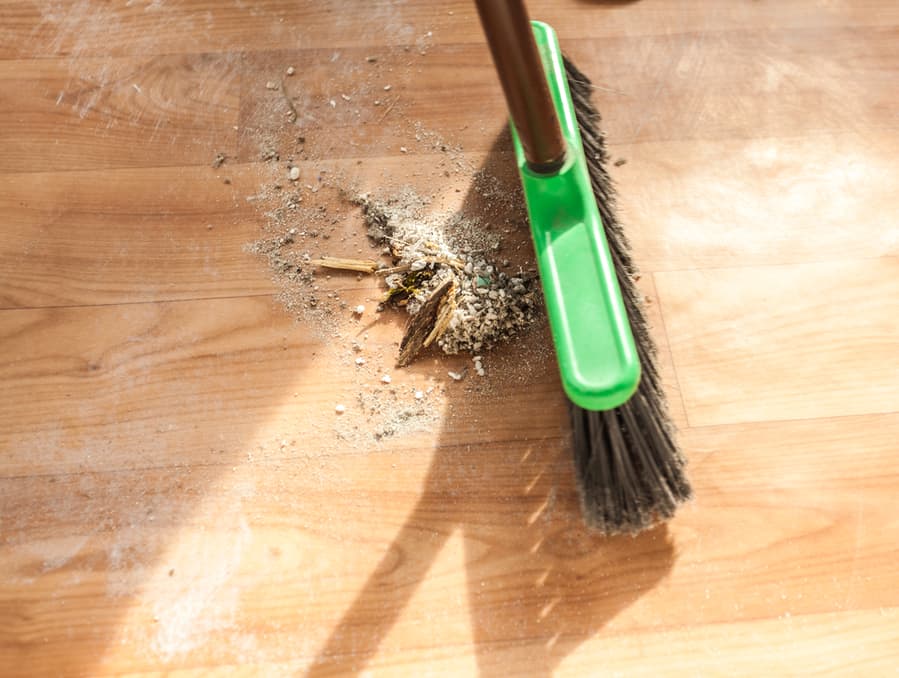
Rats thrive in areas and dark corners. So any piles of rubbish debris will be perfect hiding spots for rats.
Having such huge piles also means that your tea tree oil spray will not get into all the places where the rats are hiding if you spray it or apply it to open spaces or surfaces where we all could easily penetrate.
So one of the essential things you need to do is to ensure you declutter piles of dirt and rubbish around your home. Not only would you be kicking rust out of its hiding place you would also make your tea tree oil treatment effective.
3. Fill Up Cracks and Holes
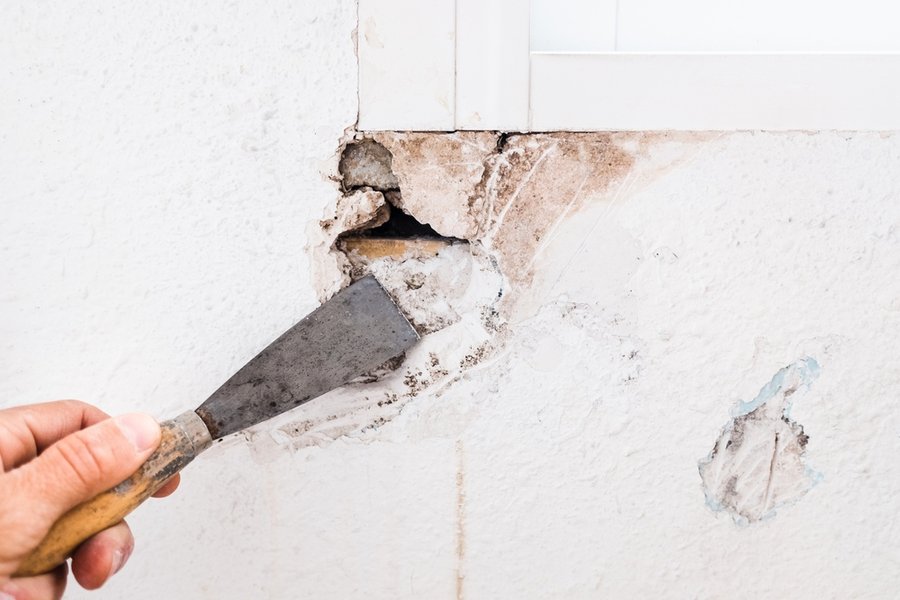
Rats easily slip into holes and cracks in walls and floorboards, or even ceilings. So if you spray tree oil or put drops of the oil around your house, a rat would go into its hole and wait out the foul odor.
Instead, it would be best to fill up traps and holes that rats could hide in or that more rats could sneak into. This way, any rats still loitering in your home would be turned off by the putrid smell of the tea tree oil.
4. Trim Extending Branches

If tree branches extend close to a window or doors, now is an excellent time to trim them off or cut them considerably. These branches or limbs could deliver rats free of charge into your home.
It could also be their exit strategy full stop so before you are applied through oil and waste nature’s precious goodness. Ensure that there are no branches that could convey more rats into your home when the smell dies down.
5. Drain Stagnant Water
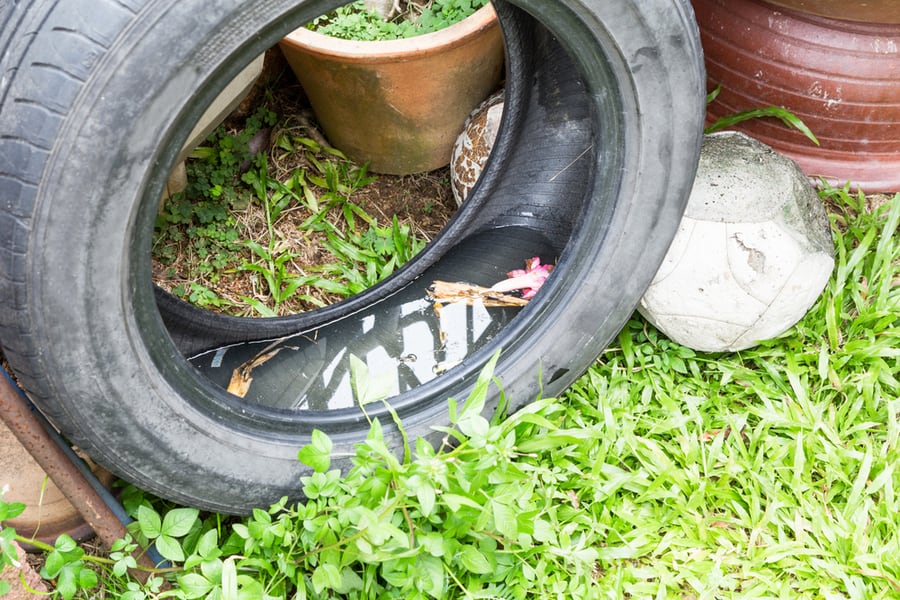
Stagnant water has to go. There are no negotiations about this if you genuinely want that out of your home.
Check for an unattended bowl of pet water or pots that have become filled with water. This could be feeding the rats and giving them more incentives to remain in your home and brave the putrid smell of tea tree oil.
6. Keep Your Yard and Garden Tidy

If your yard is dirty or cluttered, there’s no way you can successfully tackle rats. It’s much worse if you have a garden and many flowers that rats could hide under.
So do your best to keep your yard free of dirt, over-piled garbage, and junk. It will ensure that the treatment is effective and that you have no place to stay in your compound.
7. Apply Your Tea Tree Oil

As you may already know, tea tree oil smells quite intense, even to humans. This means that while you’re in my bid to attract or repel rats, your pet could be getting the backlash.
So it’s not advisable to put drops of pure oil around your home. Mixing a few drops in a water bottle is enough to do the job.
Conclusion
When using tea tree oil to repel rats, remember that a rat can shift its base to another part of your home if it becomes uncomfortable. The best way to have an effective treatment is to ensure that your entire home, including your yard, is unsafe and uncomfortable for us to dwell in.
It would be counterproductive to put drops of tea tree oil around your windows and doors and then leave out food for rats. These resourceful creatures will find a way around and get to the food.
Frequently Asked Questions
Can Rats Eat Tea Tree Oil?
No. Rats are not likely to eat tea tree oil or products containing strong tea tree fragrances because they cannot stand the smell. It may not cause serious harm to their bodies when they inhale it. But it upsets them enough that they typically stay away from it.
What Essential Oils Do Rats Hate the Most?
Rats hate oils that have pungent smells. This includes tea tree oil, lemon oil, citronella oil, eucalyptus oil, and, most importantly, peppermint oil.
Rats cannot stand peppermint oil, so they can be said to hate it most.


